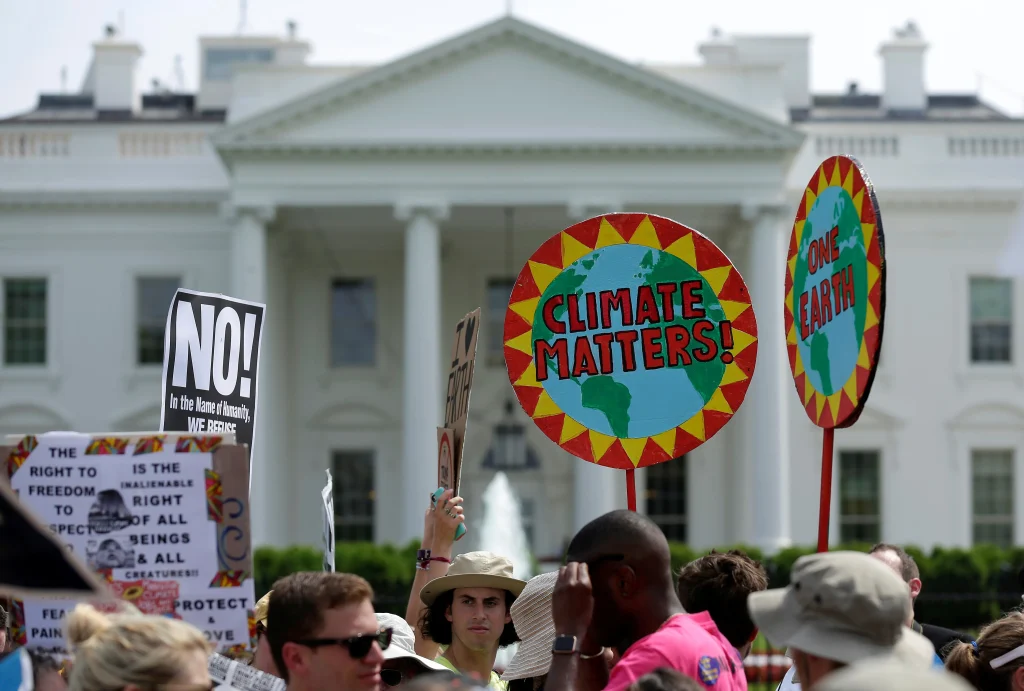The world of the voluntary carbon market has gone through an extremely difficult period in recent months, and one of the central causes has been Donald Trump’s return to power in the United States. The official withdrawal of America from the Paris Agreement, announced in February 2025, was accompanied by a series of radical decisions: cutting support for the energy transition, canceling federal funding for offset projects, and halting any regulation related to emission reductions. This shift in direction was immediately felt worldwide, leading to a deep loss of confidence in the voluntary carbon market.

Major investment funds such as BlackRock, Goldman Sachs, and JPMorgan also withdrew from net-zero alliances, citing growing political uncertainty and economic pressures. Together, these financial institutions manage over $16 trillion in assets, and their influence on global markets is immense. Their exit from joint climate commitments severely impacted the voluntary carbon market, which contracted by over 50 percent in just one year. Credit prices dropped sharply, and corporate interest in voluntarily purchasing credits decreased significantly.
However, this is not the first time the world has experienced such a setback. During his first term, Donald Trump previously withdrew the United States from the Paris Agreement in 2017. Although that moment sparked global concern, the long-term impact proved limited. Just a few years later, the U.S. rejoined the agreement, and investments in green technologies and sustainability surged, especially in the private sector. Many American companies continued their emission reduction strategies even without government support.
Therefore, while the current outlook may seem bleak, recent history shows that the overall direction is hard to reverse in the long run. The demand for sustainable solutions will not disappear. In fact, many experts, including Carbon Expert, estimate that after this period of uncertainty, we will see a wave of clearer regulations and investments, with higher standards and more transparent projects. Today’s governance failures will push the market to improve.
In conclusion, although the current effects of U.S. policy and investor withdrawals are real and painful, they do not cancel the path we have already begun. We have been through similar times before and emerged better prepared. It is very likely that after this temporary setback, sustainability investments will return stronger, more targeted, and more effective. Our role, as those who believe in this transition, is to stay the course, build credible projects, and be ready for the wave of change that is coming.
Keywords : Trump Environmental Carbon Markets, Voluntary carbon market collapse, Trump Paris Agreement exit 2025, net-zero investor withdrawal
